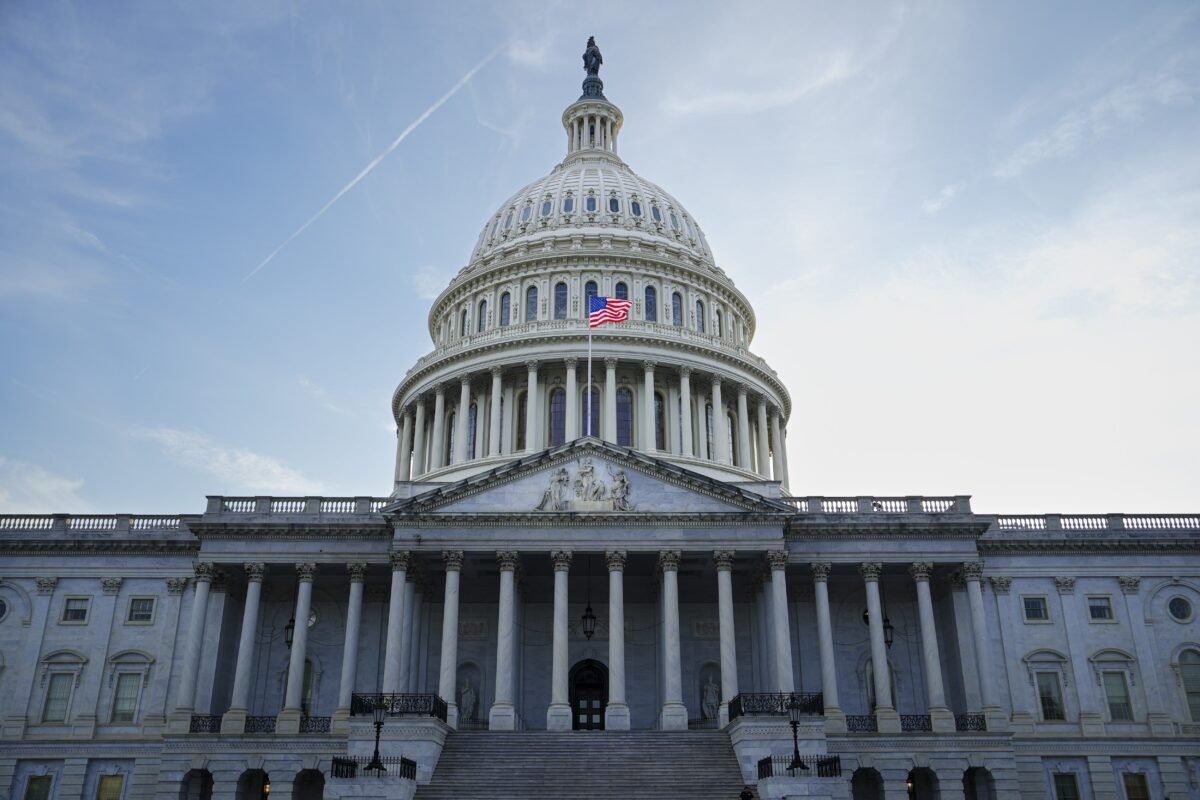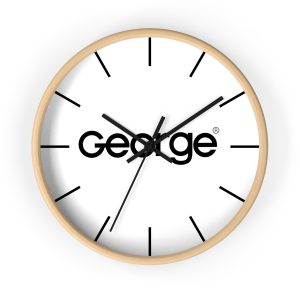

The U.S. House of Representatives on May 15 passed a bill that would place restrictions on the federal government’s access to personal cell phone and email data.
The bill passed the lower chamber in a unanimous 412–0 vote, including 212 Republicans and 200 Democrats. The legislation was sponsored by Reps. Scott Fitzgerald (R-Wis.) and Jerry Nadler (D-N.Y.).
Under current law, prosecutors can request email and cell phone records from those not suspected of any criminal behavior. Often, these requests to service providers are accompanied by Non-Disclosure Orders (NDOs).
NDOs came under special scrutiny in 2021, after it was revealed that such NDOs had been used by prosecutors in searches of major outlet journalists and members of Congress.
But Nadler said in a press release that “abuse of secrecy orders is not limited to Congress—schools, local governments, Fortune 500 companies, and countless others have had their data swept up by investigators looking to sidestep the basic protections afforded to Americans in criminal investigations.”
The bill, dubbed the “NDO Fairness Act,” would strengthen legislative safeguards against such uses of NDOs by prosecutors by requiring them to prove to a court that a “substantially adverse event” would be likely from failure to issue an NDO (pdf). It would require stricter scrutiny of such gag orders, and would limit them to a 30 day window, with opportunities for additional 30 day extensions as needed.
“The federal government has abused its authority to access the personal data of individuals under investigation,” Fitzgerald said in a press release. “Unfortunately, those under investigation are neither informed of the search nor given a remedy to defend themselves and their data privacy rights. This legislation would bolster privacy protections to be comparable to those in a physical office or workplace while providing a much-needed check on the federal government’s surveillance authorities.”
Nadler said of the bill, “In the 21st century, federal prosecutors no longer need to show up to your office. They just need to raid your virtual office. They do not have to subpoena journalists directly. They just need to go to the cloud.
“And rather than providing Americans with meaningful notice that their private electronic records are being accessed in a criminal investigation, the Department hides behind its ability to ask third-party providers directly. They deny American citizens, companies, and institutions their basic day in court and, instead, they gather their evidence entirely in secret.
“The House’s bipartisan passage of H.R. 7072 is a crucial step towards limiting the Department of Justice’s ability to abuse a little-known process that allows prosecutors to obtain gag orders when secretly trying to obtain a person’s electronic communications data.”
The bill comes as Republicans in the House mount an investigation into what they have called the “Weaponization of the Federal Government.” Republicans allege that President Joe Biden and his administration have weaponized federal law enforcement against their political enemies.
Fitzgerland connected the two issues in another statement: “As a member of the Judiciary Committee, fighting back against bureaucracy and Americans’ right to privacy from their government has been one of my top priorities. I introduced these two pieces of legislation last Congress and … I look forward to advocating for their consideration on the House floor.”
Last year, the same legislation was sponsored by Nadler and passed by the House.
However, it ultimately died in the Senate Judiciary Committee without further action, leaving the bill’s fate uncertain. It’s also unclear if Biden will sign the legislation.




Discount Applied Successfully!
Your savings have been added to the cart.